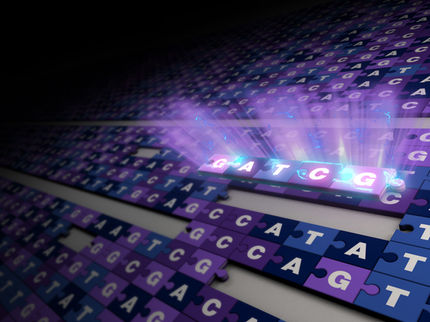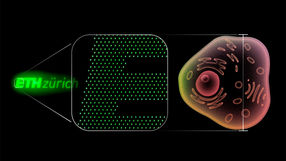Illumina Sequences the First African Human Genome
Accomplishment Marks a Significant Milestone Enabling Economical Human Genome Resequencing
Illumina, Inc. announced that scientists at the Company have sequenced the genome of an anonymous African male (Yoruba from Ibadan, Nigeria), using the Genome Analyzer. Sequencing of this HapMap sample was conducted internally and marks the first human genome sequence generated exclusively with paired reads of 35 to 50 bases in length. Leveraging recent system improvements that increase the throughput and improve the accuracy of the Genome Analyzer, Illumina scientists were able to complete this project in a matter of weeks. More than 95 percent of production runs generated high-quality data with an average of over three billion bases (three Gb) per run. This achievement establishes the direct utility of Illumina's sequencing technology for accurately sequencing large and complex genomes.
"This landmark project demonstrates that scientists can use the Genome Analyzer today to economically and rapidly complete large-scale sequencing projects including human genome sequencing," said Jay Flatley, President and Chief Executive Officer of Illumina. "With this project we have established both the efficacy of our technology to consistently produce large volumes of high-quality data, and the utility of our unique short-insert paired read approach for large-scale sequencing."
Using paired reads primarily from 200 base pair (bp) insert size libraries, supplemented with reads from 2000 bp insert size libraries, Illumina scientists initially conducted 27 runs to generate over 75 Gb of DNA sequence and achieve more than 90 percent coverage of the genome. An initial analysis yielded over 3.7 million single nucleotide polymorphisms (SNPs), including more than one million novel SNPs. As expected, the remaining SNPs correspond to those found in public databases.
Most read news
Organizations
Other news from the department science

Get the analytics and lab tech industry in your inbox
By submitting this form you agree that LUMITOS AG will send you the newsletter(s) selected above by email. Your data will not be passed on to third parties. Your data will be stored and processed in accordance with our data protection regulations. LUMITOS may contact you by email for the purpose of advertising or market and opinion surveys. You can revoke your consent at any time without giving reasons to LUMITOS AG, Ernst-Augustin-Str. 2, 12489 Berlin, Germany or by e-mail at revoke@lumitos.com with effect for the future. In addition, each email contains a link to unsubscribe from the corresponding newsletter.




















































